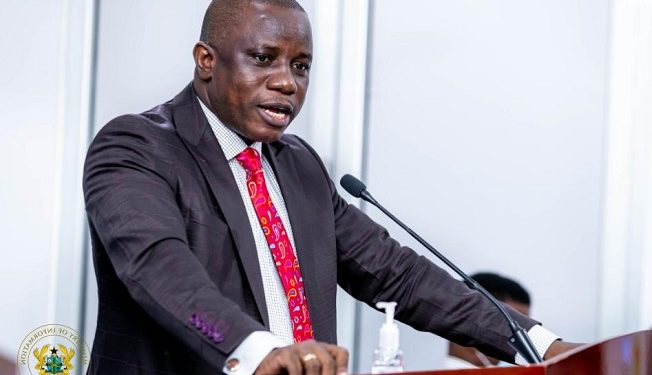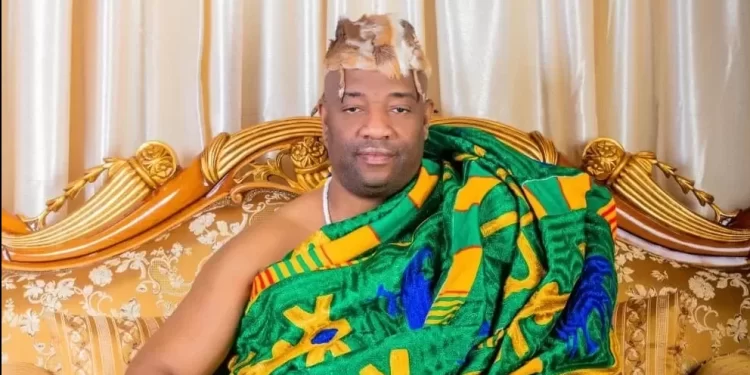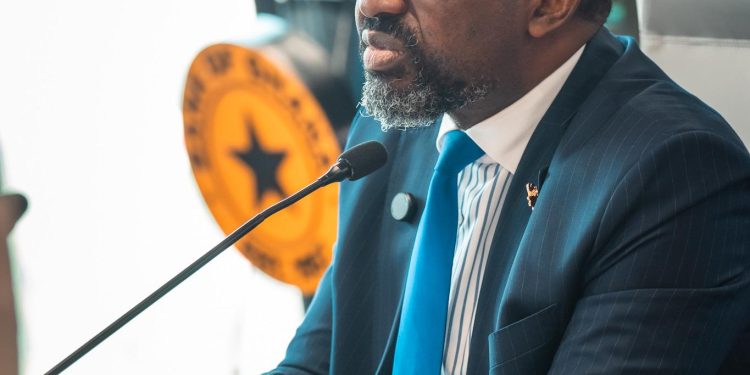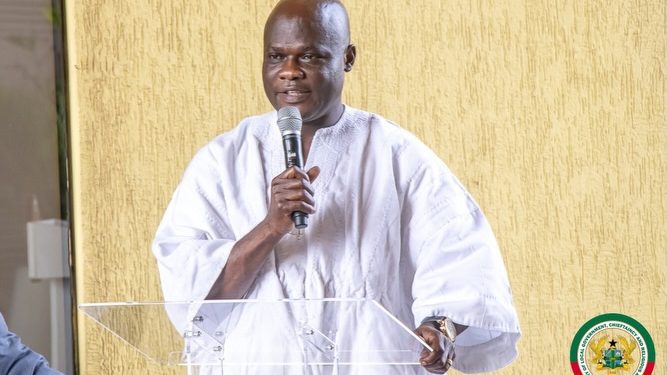Central to Joe Biden’s unpopularity is the recent truth that no sitting president is likely to win over a substantial segment of the opposition party – no matter what he does.
It’s in a two-minute TV ad narrated in authoritative and reassuring tones by none other than Academy Award-winner Tom Hanks. It was in a graphics and light display outside the White House on Wednesday night, when the Democratic National Committee showcased record job numbers and vaccination progress. It’s in the avalanche of fact sheets from the administration detailing President Joe Biden’s 2021 accomplishments, and it was in the sometimes-exasperated voice of Biden himself Wednesday as he pleaded his case for a good freshman year grade.
If there were an avatar to accompany the PR campaign, it would be an image of the baffled president, lifting America up by its collective lapels and screaming, “What is wrong with you people? Why don’t you LIKE ME!?”
The frustration is understandable. On paper, the Biden administration has racked up some impressive achievements: more than 6 million new jobs were created, a single-year record. Unemployment dropped from 6.2% to 3.9%, another single-year first. Childhood poverty and hunger are down while average wages went up. Biden has the first majority non-white Cabinet in history and presides over the most diverse administration in history. He passed a massive COVID-19 relief bill and an expansive infrastructure package many previous presidents tried and failed to achieve.
But as polling consistently shows, American voters don’t like Biden – or at least, they don’t think he’s doing a good job. An average of current polling shows the president with an anemic 41.7% approval rating, with 53.4% disapproving of him. And while high inflation has alarmed many Americans, Biden’s slide in the polls began last August, before prices started to jump.
An AP-NORC survey released Thursday, the first anniversary of Biden’s inauguration, found that nearly three-fourths, or 74%, believe the country is headed in the wrong direction.
In that poll, Biden’s approval rating was 43% and his disapproval rating, 56% – which is worse than it initially looks for him, since just 13% “strongly approve” of Biden’s performance and 36% “strongly disapprove.”
On every issue the pollsters mentioned, Biden’s negatives are higher than his positives – even on the handling of the pandemic, long Biden’s strong point and arguably the issue that won him the general election in 2020.
“COVID has taken down one presidency, and it could take down another one,” warns longtime Democratic operative Joel Payne, managing director for communications at The Hub Project.
If it seems like Biden can’t win – at least in the popularity contests – the polling and public prove it. Progressives are mad at him for not doing more, while moderate Democratic officials worry the administration is moving too far left. Independents are souring on him. Republicans never liked him, still don’t like him and probably never will, observes Marquette University Law School pollster Charles Franklin.
Experts attribute Biden’s slide to two major factors: public exhaustion over the pandemic and a baked-in partisanship that means no president is going to attract more than about 10-20% support from the opposing party.
In his polling and other studies, the perception of the strength of the economy is closely related to the party with which the voter is aligned, Franklin says. So, presented with the same economic facts, a voter in the president’s party will see things as going well, while those in the opposing party are pessimistic.
The trend started with the administration of George H.W. Bush but has worsened in recent years, Franklin says. That means no sitting president is likely to win over a substantial segment of the opposition party – no matter what he does.”If nothing changes, people aren’t going to keep coming out for you. You just can’t keep failing people.”
“The days of 60-plus approval ratings are in the rearview mirror,” Franklin says.
Aggravating Biden’s condition, Americans are “just grumpy,” Franklin says. They want to go back to a more normal time – a scenario Biden promised during his campaign. And even though the omicron variant is not Biden’s fault, the president becomes a natural target for their frustration, analysts say, even if Biden’s efforts are being thwarted by Republican foes.
“We have had pandemic fatigue, and it’s exacerbated by what I think is a conscious Trump-Republican effort to make sure – and this is very cynical – that Biden fails on the pandemic. Which will cost lives,” says Bob Shrum, a veteran Democratic consultant who is now director of the Center for the Political Future at the University of Southern California.
On top of that, Shrum says, “expectations of Biden were too high,” with Democrats eager to reverse the trends and policies of the Donald Trump years finding that it wasn’t happening, or not happening quickly.
That unhappiness was evident in the failed effort to pass voting rights legislation in the Senate. The failure was largely because all 50 GOP senators united to oppose the rules changes that would have allowed a vote. But rank-and-file Democrats, especially Black voters in the civil rights community, were frustrated that Biden could not convince two Democratic senators, Joe Manchin of West Virginia and Kyrsten Sinema of Arizona, to get on board.
The measure effectively died Wednesday night, further exposing a divided Democratic Party.
Black voter support was essential to Biden’s win in the 2020 South Carolina primary, the contest that catapulted him to the nomination, activists note. But it’s going to be harder to galvanize those voters if Biden doesn’t produce, says Stephanie Ali, policy director for the New Georgia Project Action Fund.
“We’re (canvassing) every single day, every single year, every single cycle, putting our word and our reputation on the line,” promising voters that “if you take action, things will change, things will get better,” Ali says. “It’s not happening. If nothing changes, people aren’t going to keep coming out for you. You just can’t keep failing people.”
Democrats say privately they wish Biden would act more like a president than the senator he was for decades – and in an era when bipartisan negotiation was more common. Instead of heading to the Hill and trying to win over Republicans who’ve made it clear they’re not interested in helping him, Biden should take a more authoritative posture, they say.
But there’s only so much the president can do in corralling his party’s caucuses on the Hill, experts say, noting that Manchin hails from a state that voted heavily for Trump. And some things – like gas prices and new COVID-19 variants – are largely out of his hands.
“People want instant answers, and they want instant cures for their problems,” says Barbara Perry, director of presidential studies at the University of Virginia’s Miller Center. “It’s not (always) his fault … but of course, he gets blamed for all of that.”
Biden could recover, Perry says, ticking off examples of other presidents whose popularity dropped and then rebounded as events changed. Bill Clinton, for example, was at a low point in 1995 after historic midterm losses, then rebounded after performing as “comforter-in-chief” in the wake of the Oklahoma City bombing.
The Biden administration and Democrats are launching a campaign aimed at reminding voters of the accomplishments of the first year and casting the recent difficult times as a test of American courage.
“We are strong. We are courageous. We are resilient. We are America. Land of the brave,” actor Hanks says in an ad produced by the Biden Inaugural Committee. The ad features encouraging words from rank-and-file Americans and concludes with Biden saying he has “never been more optimistic about America’s future.”
Whether that extends to his own political future is an open question.










